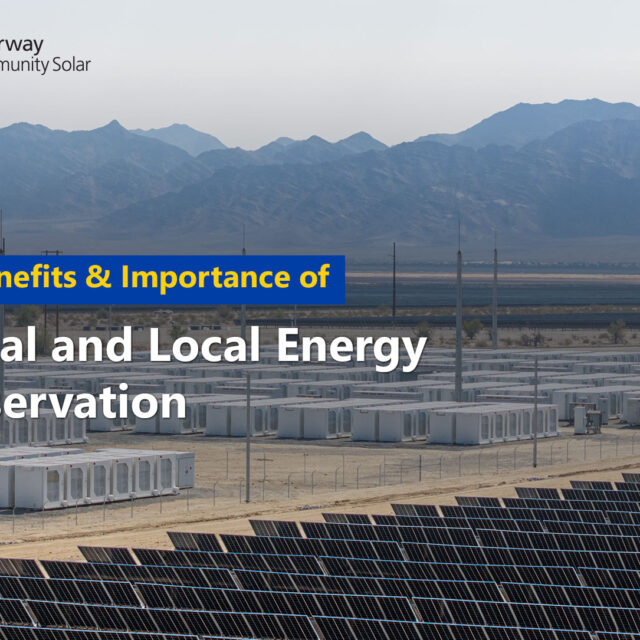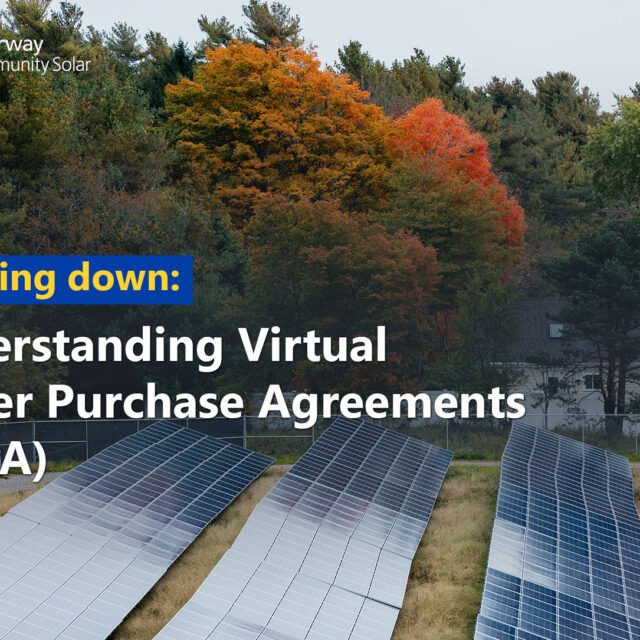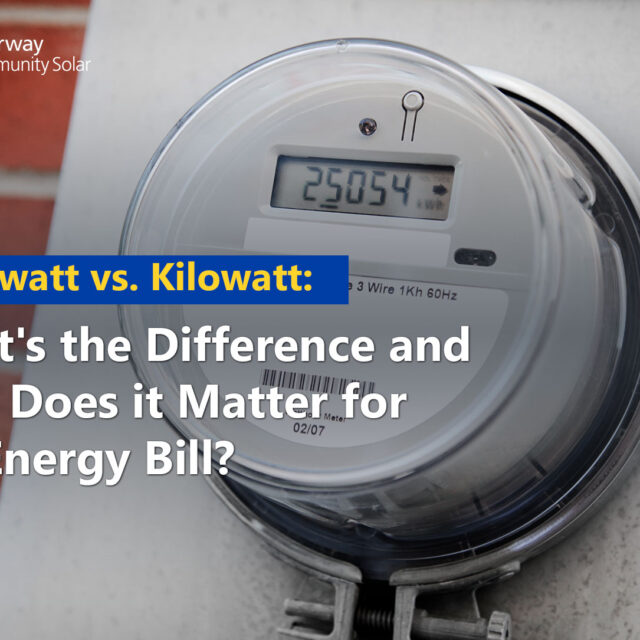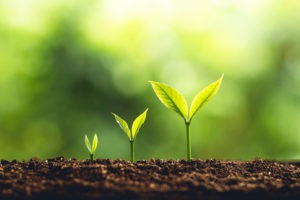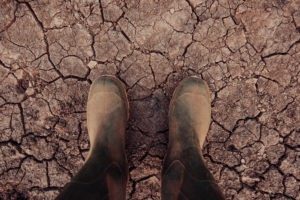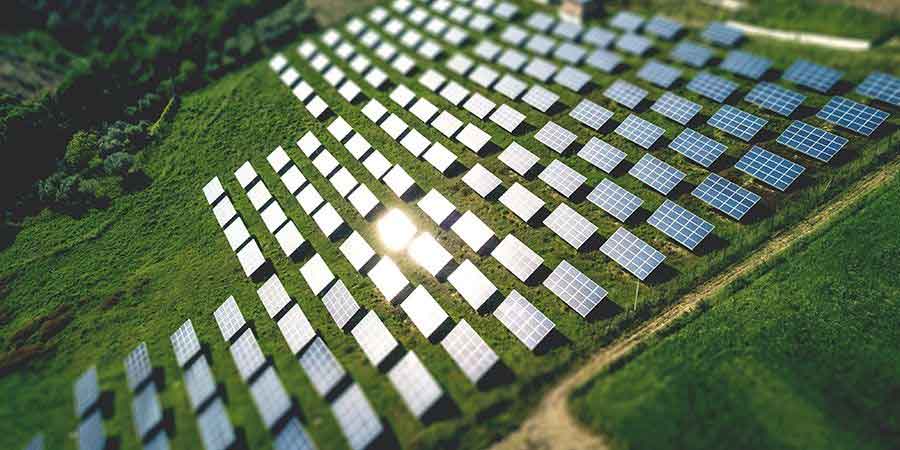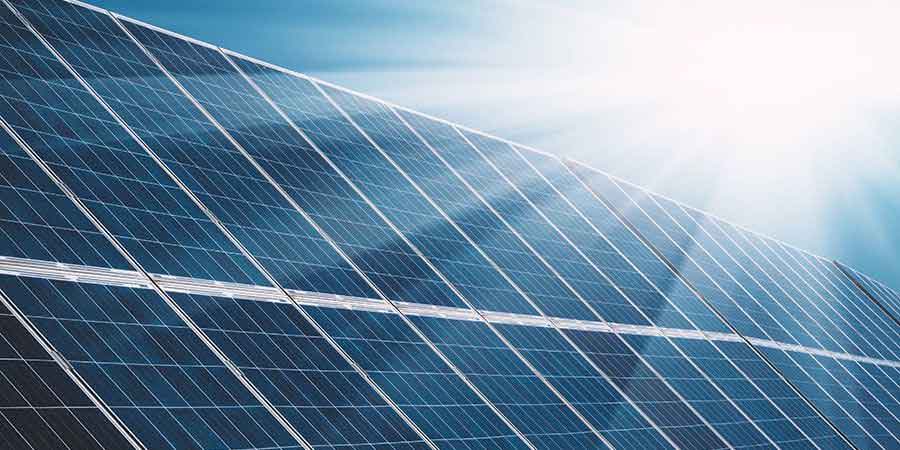
One of our second-place winners for the 2020 Essay Contest Scholarship is Sadie Bernstein! Sadie is a second year at Northwestern University studying Computer Science and Environmental Policy and Culture. Sadie’s winning essay, “Paralleling the COVID-19 Pandemic and the Climate Crisis,” won the second place $2,500 prize. Read their winning essay!
Paralleling the COVID-19 Pandemic and the Climate Crisis:
The Diversion of Responsibility
Sadie Bernstein
While the COVID-19 pandemic continues to devastate humanity’s health and livelihood, many environmentally-conscious people have grasped onto one piece of good news: a temporary reduction in CO2 emissions. With millions of people across the globe confined to their homes by government stay-at-home orders during the first few months of the pandemic, daily emissions on a global scale decreased by an average of 17% by early April. This striking difference demonstrates how impactful radical changes in lifestyle can be for the planet’s health, even over such a short period of time. Yet, it has become increasingly apparent how COVID-19 will cause much more harm to the efforts of those fighting the climate crisis than the relief these temporary decreases in emissions provide.
Unfortunately, even this piece of good news is accompanied by hidden, harmful effects on the climate. One of the major reasons global emission levels have dropped is because less people are commuting to and from work by car or other gas-fueled transportation. With such low demand for oil, prices plummeted along with the cost to manufacture virgin (“pre-consumer”) plastic, which is derived from the plastic resin of oil. This change has incentivized the production of new plastic products instead of recycled (“post-consumer”) plastic products, and has subsequently been detrimental to efforts trying to shift away from single-use plastic.
Additionally, this was accompanied by increased demand for single-use PPE equipment (masks, gloves, protective medical jumpsuits) as well as sanitizer bottles and test kits needed for the COVID-19 response. Therefore, the production of virgin plastics boomed further. The American Association for the Advancement of Science published alarming projections regarding waste accumulation in the wake of the pandemic, including the following: “If the global population adheres to a standard of one disposable face mask per day after lockdowns end, the pandemic could result in a monthly global consumption and waste of 129 billion face masks and 65 billion gloves.” This massive amount of new plastic waste will dramatically hurt efforts to address waste pollution on a global scale.
In addition to medical equipment and protective gear, single-use plastic consumption has increased in the form of grocery bags and to-go food containers which, subsequently, spurred a decrease in the reusable items that had gained so much popularity in the years prior to the pandemic. Even governors in the most progressive states, like California’s Gavin Newsom, have temporarily lifted bans on single-use plastic bags for grocery stores. Additionally, chains such as Starbucks no longer allow customers to bring in reusable cups to fill. Both of these steps can be directly accredited to ad campaigns spearheaded by single-use plastic industry titans who argue that reusable bags, cups, and containers are more likely to transfer the virus. Environmental chemistry professor, Robert Hale, spoke to NPR StateImpact about the campaign to cease public use of reusable bags. He explained how the plastic industry pulled from only three studies to convince companies and individuals that reusable bags are more likely to carry coronavirus (and other viruses). However, none of the studies listed provided concrete evidence to support such a conclusion. Yale School of Public Health associate professor Dr. Jodi Sherman (also interviewed) went on to further debunk these ideas. After meticulously studying the behavior of the COVID-19 virus, she and 115 other health professionals confidently stated, “Single-use or reusable bags are no better or worse for transmission or prevention of transmission of the COVID infection.” It is clear that COVID-19 created the optimal environment for both an increase in virgin plastic production as well as a space for single-use plastic to regain its foothold in society.
The plastic industry’s manipulation of public health concerns is not a new feat. The sudden return to the heavy consumption of single-use plastic after over a decade of governmental bans in many areas of the United States directly parallels the industry’s history of marketing plastic water bottles. The advertisement of bottled water, originally an elite product given out at spas and bathhouses in 18th century Europe, tried to coerce customers into believing that tap water was somehow contaminated and that bottled water was cleaner. The conversion of consumer fears surrounding personal health into profits for corporations was, and continues to be, an incredibly successful marketing strategy. We have seen the plastic industry capitalize on this same fear-mongering tactic during the pandemic to sway consumers away from their burgeoning reusable habits.
From an economic standpoint, the pandemic and the climate crisis have intersected in disastrous ways. Together, they have exacerbated socioeconomic and racial inequity to a tipping point in the U.S., leaving millions unemployed, extorted, and homeless due to mass evictions and little rent flexibility. Poverty and homelessness, issues systemically linked to overarching racial and economic inequalities in America, are further aggravated when combined with the consequences of the climate crisis. In states already experiencing the effects of increased warming, such as California, homeless populations face extreme heat, fires, and an increased difficulty in obtaining water. Additionally, people without shelter are more susceptible to respiratory smoke damage, leaving them even more vulnerable to the ravaging effects of the coronavirus. In this sense, the pandemic has shined a light on the ways in which the climate crisis is inextricably linked to all aspects of life on Earth.
In addition to the effects COVID-19 has had on the climate crisis mentioned above, perhaps the most important parallel to draw between the two crises is the response from the United States government, and the powerful industries that influence it. The government and its lobbies have successfully redirected responsibility to the individual consumer, as a means of distracting from their own unwillingness to respond to both crises. This tactic is largely referred to as ‘responsibilization.’ A primary example can be found in the shaming of working class ‘anti-maskers’ juxtaposed with the tax breaks and stimulus loans granted to big businesses. In March 2020, eleven of the leading American oil companies launched a powerful lobbying campaign when oil prices first began to sink. This campaign positioned oil companies as one of the highest priorities for COVID relief aid, eventually granting them about $100 billion in tax cuts stipulated in the Coronavirus Aid, Relief, and Economic Security Act passed in March. Exasperating the subsidization of big oil, the 45Q tax credit included in the act effectively grants more money to companies who use CO2 to pump oil, i.e. crediting them for emitting more carbon dioxide. This quiet, yet aggressive, lobbying campaign went relatively unnoticed as the average individual dealt with impending economic disparity and pushed their representatives to include household stimulus checks in the next relief package. Thus, as U.S. citizens continued to lose money during the pandemic, oil corporations were bailed out by the stimulus package, and American citizens were left with meager compensation, as well as the brunt of responsibility for keeping transmission levels low.
Another concrete example of ‘responsibilization’ with regard to the climate crisis comes from 2004, when British Petroleum (BP) launched an advertising campaign which coined the term “carbon footprint.” This term has since become ingrained in the public consciousness. The strategic move was included in a wave of responses to the climate crisis which focused on spinning the narrative that a single individual had the power to affect the environment on a mass scale. Another result of this campaign and the efforts of climate activists was the addition of sustainability labels on items in grocery stores, earth-conscious fashion lines, and, in many places, campaigns to end the use of single use-plastic. These actions placed heavy pressure on individuals to reduce their personal environmental impact, while major fossil fuel corporations continued to partner with governments and pillage the earth.
As it stands, we observe a divided America, citizens ruthlessly pinned against one another, arguing over how the individual should react to either crisis. Are you a mask wearer or an anti-masker? Are you a climate change denier or are you an environmentalist? Are you doing your part? While these questions and their answers are incredibly important, the biggest takeaway in observing these deep divisions is that they have ultimately been created and capitalized on by politicians and big businesses to realize their personal agendas. Especially during the COVID-19 pandemic, when acting as an individually conscious green consumer can be inaccessible, recognizing the flaws in these institutions is more paramount than ever.
The purpose of this paper is not to convince individuals that their actions are ineffective or unimportant. Rather, it is to point out the hypocrisy of the institutions claiming to serve us and suggest a way to move forward. Governments across the globe, including the U.S., have responded with speed to the pandemic. The passage of the Coronavirus Aid, Relief, and Economic Security stimulus package discussed above is a great example of such. However, this relief was a temporary solution which addressed only the surface-level aspects of the current crises. What is needed and can still be achieved, is a stimulus package which encourages the production of sustainable energy via companies which specialize in “solar, wind, hydrogen and carbon capture and storage technologies.” In March, Fatih Birol, head of the International Energy Agency, an autonomous intergovernmental organization which advocates for a major shift to sustainable energy, began conversations with several powerful nations, including the U.S. He advised the American government to think long term in its response by crafting a “sustainable stimulus package.” While his efforts were ultimately ignored by the U.S., he believes that this is the optimal path forward.
Though the pandemic has devastated so many aspects of daily life, it has simultaneously given us the rare opportunity to radically shift the ways in which the most powerful institutions in the world operate by pushing them towards a more sustainable future. In an interview comparing the two crises, Greta Thunberg may have said it best; “[The pandemic] does show that we can treat a crisis like a crisis. And that it will probably change the way we perceive crises and crisis response. And it really proves that the climate crisis has never once been treated as a crisis.” The climate crisis and the COVID-19 pandemic have exacerbated one another in numerous ways, but the abundance of funds being thrown towards corporations in an effort to revive the economy provides us with a unique opening to address both crises by demanding investment in sustainable energy rather than in dangerous, ‘responsibilizing’ corporations. We must take advantage of this chance.
Works Cited
- Adyel, Tanveer M. “Accumulation of Plastic Waste during COVID-19.” Science, vol. 369, no. 6509, 10 Sept. 2020, pp. 1314-15, science.sciencemag.org/content/369/6509/1314.full.
- Bengali, Shashank. “The COVID-19 Pandemic Is Unleashing a Tidal Wave of Plastic Waste.” Los Angeles Times, 13 June 2020, www.latimes.com/world-nation/story/2020-06-13/coronavirus-pandemic-plastic-waste-recycling.
- “Defining Plastics: Virgin Vs. Recycled.” Planet Clean, PlanetClean Recycle Industries, 14 Mar. 2019, www.planetcleanrecycle.com/defining-plastics-virgin-vs-recycled/.
- Farand, Chloé. “Governments Have ‘Historic Opportunity’ to Accelerate Clean Energy Transition, IEA Says.” Climate Homes News, Climate Home News, 17 Mar. 2020, www.climatechangenews.com/2020/03/17/governments-historic-opportunity-accelerate-clean-energy-transition-iea-says/.
- Grant, Julie. “Scientists Know More about How COVID-19 Spreads.” StateImpact Pennsylvania, WITF-FM, 3 Sept. 2020, stateimpact.npr.org/pennsylvania/2020/09/03/scientists-know-more-about-how-covid-19-spreads-so-is-it-safe-to-bring-your-reusable-bags-back-to-the-grocery-store/.
- Hale, R. C., and B. Song. “Single-Use Plastics and COVID-19: Scientific Evidence and Environmental Regulations.” Environmental Science and Technology, vol. 54, no. 12, 8 June 2020, pp. 7034-36, www.ncbi.nlm.nih.gov/pmc/articles/PMC7291777/.
- Heiges, Jessica, and Kate O’Neill. “COVID-19 Has Resurrected Single-Use Plastics—Are They Back to Stay?” Smithsonian Magazine, 15 July 2020, www.smithsonianmag.com/science-nature/single-use-plastic-covid-180975312/.
- IEA. 2 Dec. 2019, www.iea.org/about/mission.
